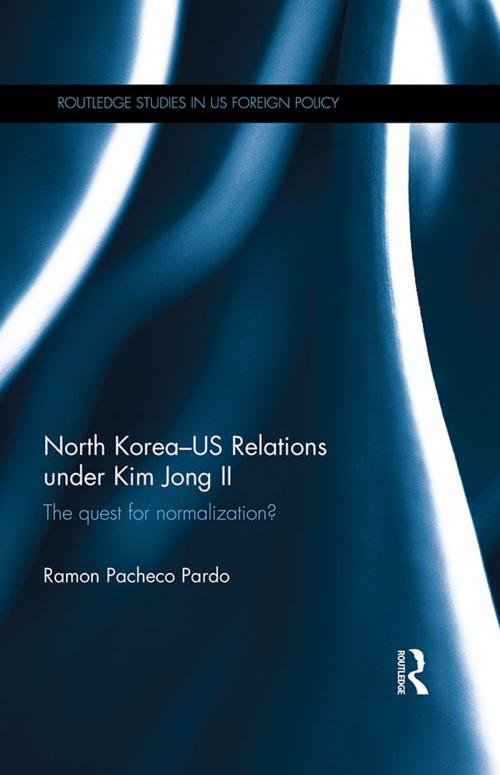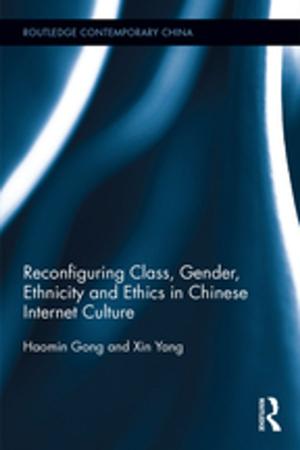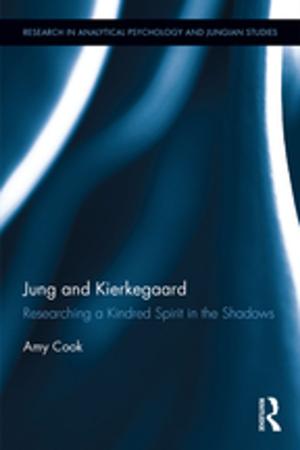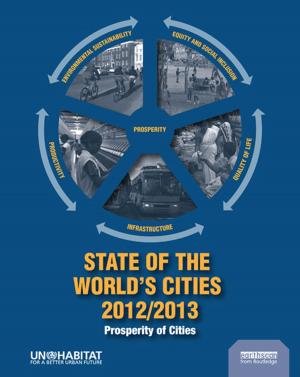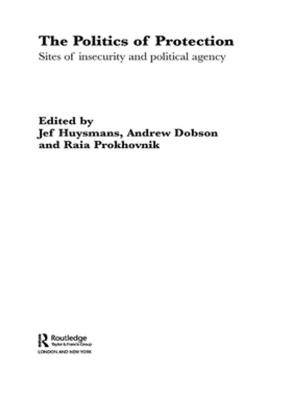North Korea - US Relations under Kim Jong II
The Quest for Normalization?
Nonfiction, Social & Cultural Studies, Political Science| Author: | Ramon Pacheco Pardo | ISBN: | 9781317669517 |
| Publisher: | Taylor and Francis | Publication: | May 9, 2014 |
| Imprint: | Routledge | Language: | English |
| Author: | Ramon Pacheco Pardo |
| ISBN: | 9781317669517 |
| Publisher: | Taylor and Francis |
| Publication: | May 9, 2014 |
| Imprint: | Routledge |
| Language: | English |
This book analyses North Korea’s foreign policy towards the United States during the Kim Jong Il era.
Throughout these years, North Korea sought but failed to normalise diplomatic relations with the United States. Making use of theories of bargaining and learning in International Relations, the book explains how the inability of the Kim Jong Il government to correctly understand domestic politics in Washington and developments in East Asian international relations contributed to this failure. As a result, Pyongyang accelerated development of nuclear weapons programme with the aim of strengthening its negotiating position with the US. However, towards the end of the Kim Jong Il government it became unclear whether North Korea is willing to reverse its nuclear programme in exchange for normal diplomatic relations with the United States. The book includes material from over 60 interviews with American, Chinese, Japanese, Korean and Russian policy-makers and experts who have dealt with North Korea. It also analyses in detail Pyongyang’s official media articles published during the Kim Jong Il era.
This work will be of great interest to students and scholars of US Foreign Policy, Korean Politics and International Relations alike.
This book analyses North Korea’s foreign policy towards the United States during the Kim Jong Il era.
Throughout these years, North Korea sought but failed to normalise diplomatic relations with the United States. Making use of theories of bargaining and learning in International Relations, the book explains how the inability of the Kim Jong Il government to correctly understand domestic politics in Washington and developments in East Asian international relations contributed to this failure. As a result, Pyongyang accelerated development of nuclear weapons programme with the aim of strengthening its negotiating position with the US. However, towards the end of the Kim Jong Il government it became unclear whether North Korea is willing to reverse its nuclear programme in exchange for normal diplomatic relations with the United States. The book includes material from over 60 interviews with American, Chinese, Japanese, Korean and Russian policy-makers and experts who have dealt with North Korea. It also analyses in detail Pyongyang’s official media articles published during the Kim Jong Il era.
This work will be of great interest to students and scholars of US Foreign Policy, Korean Politics and International Relations alike.
